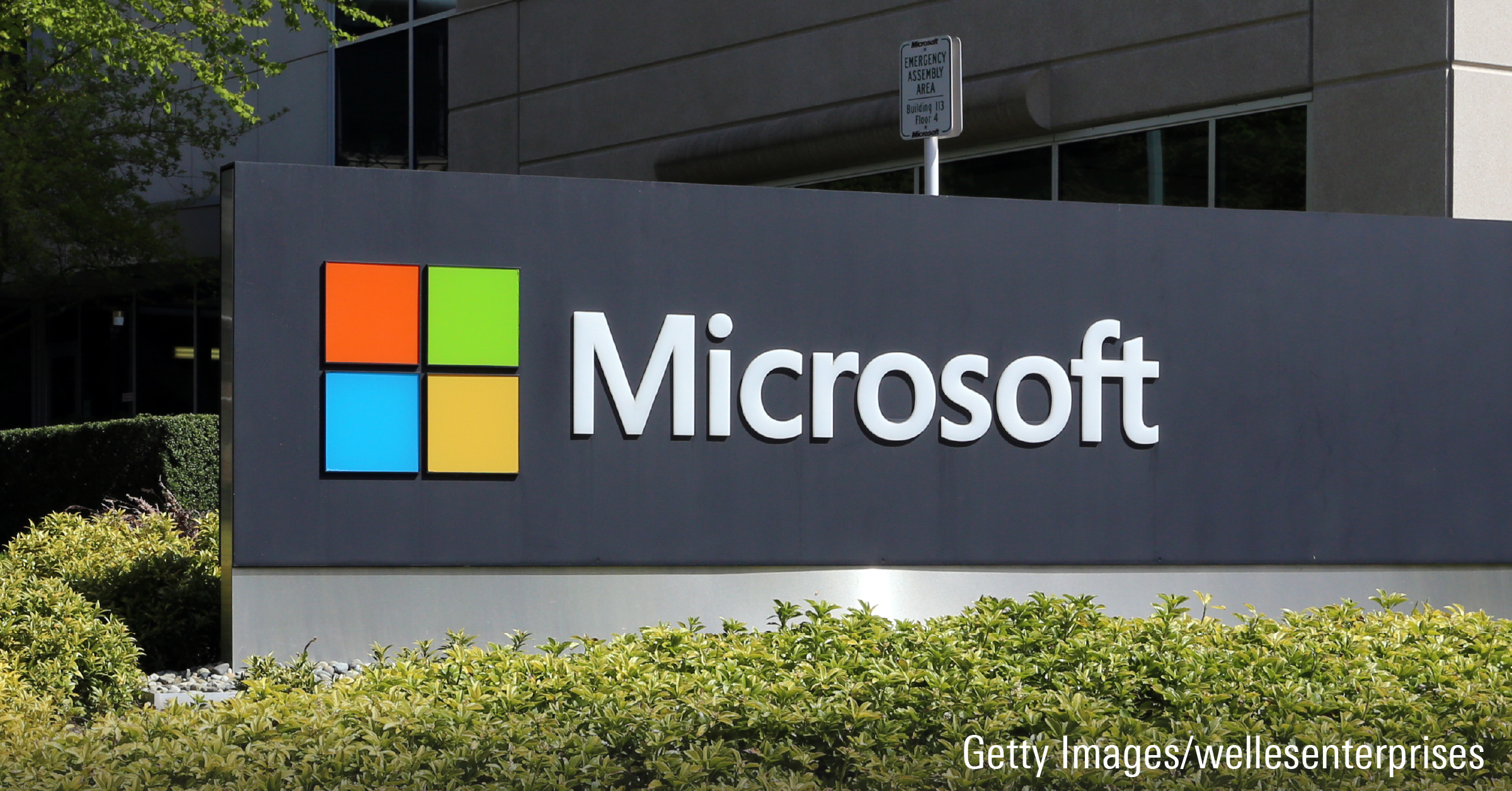After Earnings, Is Microsoft Stock a Buy, a Sell, or Fairly Valued?
With strong third-quarter results, here’s what we think of Microsoft stock.

Microsoft MSFT released its fiscal third-quarter earnings report on April 25. Here’s Morningstar’s take on Microsoft’s earnings and stock.
Key Morningstar Metrics for Microsoft
- Fair Value Estimate: $435.00
- Morningstar Rating: 3 stars
- Morningstar Economic Moat Rating: Wide
- Morningstar Uncertainty Rating: Medium
What We Thought of Microsoft’s Fiscal Q3 Earnings
- We’ve raised our fair value estimate of Microsoft to $435 per share from $420 after the firm reported good fiscal third-quarter results. The fair value bump is a short-term impact from strong results and minor smoothing adjustments. Nothing has changed in the long term or within the thesis.
- Azure grew 31% year-over-year versus guidance of 28%. Artificial intelligence contributed 700 basis points to that growth. Large deals were strong, as were the number of deals. Management commented that it left some revenue on the table because it didn’t have enough AI capacity. The company will thus invest heavily next quarter—we estimate $15 billion-$20 billion in capital expenditures, bringing the year’s total to as high as $50 billion. CFO Amy Hood said it would step up next year as well.
- The outlook for the June quarter was close to our forecast and the consensus on the top and bottom lines. Critically, Azure should grow 30%-31%, better than expected. Management also previewed fiscal 2025, predicting double-digit revenue growth and 1 point of operating margin contraction, consistent with our model.
Microsoft Stock Price
Fair Value Estimate for Microsoft Stock
With its 3-star rating, we believe Microsoft’s stock is fairly valued compared with our long-term fair value estimate of $435 per share, which implies a fiscal 2024 enterprise value/sales multiple of 12 times and an adjusted price/earnings multiple of 37 times.
We model a five-year compound annual growth rate for revenue of approximately 13% inclusive of the Activision acquisition. However, we believe macro and currency factors will pressure revenue in the near term. We believe revenue growth will be driven by Azure, Office 365, Dynamics 365, LinkedIn, and emerging AI adoption. In our view, Azure is the single most critical revenue driver over the next 10 years as hybrid environments (where Microsoft excels) drive mass cloud adoption. We believe the combination of Azure, DBMS, Dynamics 365, and Office 365 will drive above-market growth as chief information officers continue to consolidate vendors. We believe More Personal Computing will grow modestly above GDP over the next 10 years.
Read more about Microsoft’s fair value estimate.
Microsoft Stock vs. Morningstar Fair Value Estimate
Economic Moat Rating
We assign Microsoft overall a wide moat primarily due to switching costs, with network effects and cost advantages as secondary sources. We believe Microsoft’s moat will allow the company to earn returns above its cost of capital over the next 20 years.
We rate Microsoft’s productivity and business processes segment as having a wide moat based on switching costs and network effects. PBP, representing approximately 30%-35% of total revenue, consists of Office 365, Dynamics 365, and LinkedIn.
Microsoft’s intelligent cloud segment includes Azure, OpenAI, Nuance, GitHub, Visual Studio, Microsoft Intelligent Data Platform, Microsoft Fabric, and Windows Server, SQL Data Base Management System. We assign the segment a wide moat based on high switching costs, network effects, and cost advantages. IC represents approximately 40%-45% of total company revenue, with Azure representing 25%-30% of total company revenue, or two-thirds of the segment.
Read more about Microsoft’s moat rating.
Financial Strength
We believe Microsoft enjoys excellent financial strength, arising from its strong balance sheet, growing revenue, and high and expanding margins. As of June 2023, Microsoft had $111 billion in cash and equivalents, offset by $47 billion in debt, resulting in a net cash position of $64 billion. Gross leverage is at 0.5 times fiscal 2023 EBITDA.
Read more about Microsoft’s financial strength.
Risk and Uncertainty
Microsoft’s risks vary among its products and segments. High market share in the client server architecture over the last 30 years means significant high-margin revenue is at risk, particularly in OS, Office, and Server. Microsoft has been successful at growing revenues in a constantly evolving technology landscape, and it’s successfully moving existing workloads to the cloud for current customers and attracting new clients directly to Azure. However, it must continue to drive revenue growth of cloud-based products faster than revenue declines in on-premises products.
Read more about Microsoft’s risk and uncertainty.
MSFT Bulls Say
- Public cloud is widely considered the future of enterprise computing, and Azure is a leading service that benefits the evolution first to hybrid environments and ultimately to public cloud environments.
- Microsoft 365 continues to benefit from upselling into higher-priced stock-keeping units, which should continue over the next several years.
- Microsoft has monopoly-like positions in areas (OS, Office) that serve as cash cows to help drive Azure growth.
MSFT Bears Say
- Momentum is slowing in the ongoing shift to subscriptions, particularly in Office, which is generally considered a mature product.
- Microsoft lacks a meaningful mobile presence.
- Microsoft is not the top player in its key sources of growth, notably Azure and Dynamics.
This article was compiled by Sokhoeun Noeut.
The author or authors do not own shares in any securities mentioned in this article. Find out about Morningstar’s editorial policies.


/cloudfront-us-east-1.images.arcpublishing.com/morningstar/G3DCA6SF2FAR5PKHPEXOIB6CWQ.jpg)
/cloudfront-us-east-1.images.arcpublishing.com/morningstar/JYGMFDSZ6ZCJJKNOD2CMBUGOOM.jpg)
/d10o6nnig0wrdw.cloudfront.net/05-13-2024/t_4b82c3dc40354f6f812c5eab796cbf3e_name_file_960x540_1600_v4_.jpg)